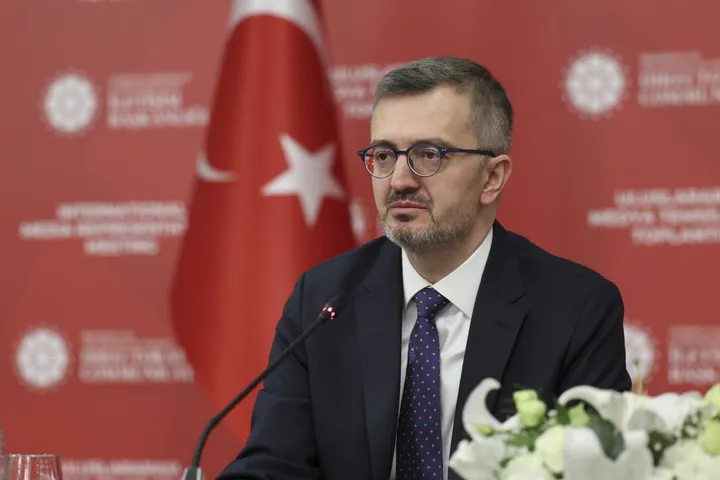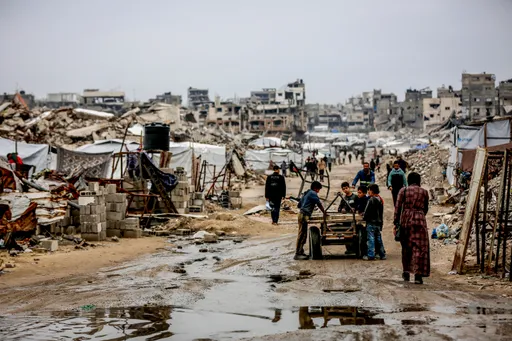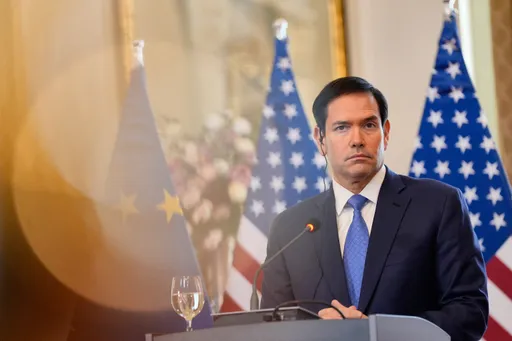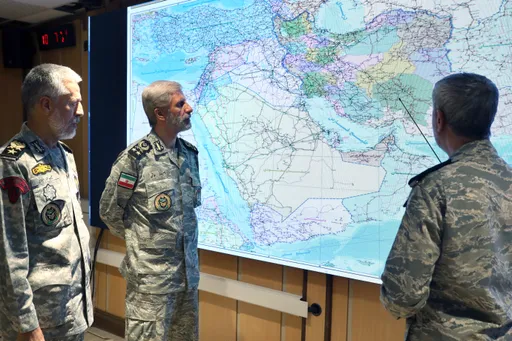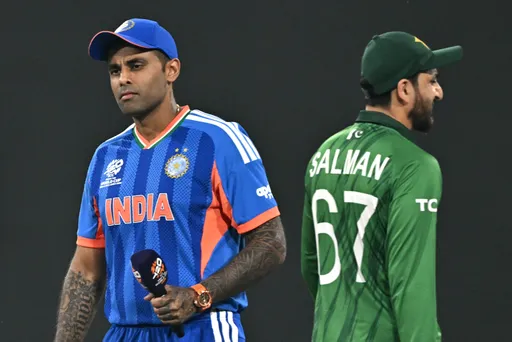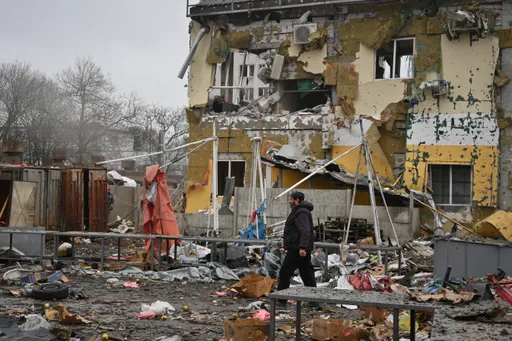Turkey has officially referred its accord with Libya on a maritime boundary between the two Mediterranean countries to the United Nations for approval, despite opposition from a number of countries, which border the Mediterranean Sea.
The move is part of Turkish diplomatic efforts aimed at securing its interests in the Mediterranean. It also protects Libya’s Tripoli-based UN-backed Government of National Accord (GNA) from being exploited by foreign states.
The deal signed by UN-backed Libyan leader Fayez al Sarraj and Turkey's President Recep Tayyip Erdogan on November 27, prevents Israel, Greece, the Greek Cypriot Administration, and other regional states from violating maritime boundaries and cutting Libya and Turkey out of resource-rich areas of the Eastern Mediterranean.
The deal has sent shock waves across the region, as Ankara sends a clear message to other coastal states that resources in the Mediterranean will not be exploited without its consent.
Greece, Egypt, Israel, and the Greek Cypriot Administration (GCA) have previously signed maritime agreements, excluding Turkey, and have drawn up Exclusive Economic Zones (EEZ) in the Eastern Mediterranean in order to launch their own exploration efforts.
Turkey’s declaration of a maritime demarcation agreement with Libya’s UN-backed government legalises its rights in the Eastern Mediterranean.
However, in order to receive recognition, no objection can be raised by others in the region. As things stand, both Greece and Egypt are opposed to the deal.
If a dispute is raised, the opposing sides will enter into arbitration with the Turkish-Libyan side.
A long arbitration process would give Turkey an additional advantage by forcing opposing parties to tacitly accept that it is a vital player in the East Mediterranean.
Despite Turkey’s consistent regional policy over the years, at the heart of the dispute in the region, lay two vital issues: the disagreements between Greece and Turkey over Cyprus and Libya war.
Cyprus
Before the Turkish-Libyan maritime deal, Greece, Israel and the Greek Cypriot Administration (GCA) tried to outmanoeuvre Ankara by designating their own sea borders, signing agreements among themselves.
Furthermore, the trio has established a consortium, through which they have developed the EastMed pipeline project, aiming to transport newly discovered gas reserves from the Eastern Mediterranean to southern Europe.
As the route of the pipeline goes through Turkish sea borders and the borders between Turkey and GCA are not clear, Ankara was excluded from the project, angering the Turkish state, which eventually developed its own plan to block the EastMed project by signing a deal with Libya’s Tripoli government.
Turkey refuses to accept the agreements because Ankara believes the Greek Cypriot Administration does not represent all of the inhabitants of the island.
Since 1974, Cyprus has had two divided administrations - one led by Turkish Cypriots in the north part of the island and another led by Greek Cypriots in the south part of the island.
In Cyprus, located in the middle of the Eastern Mediterranean, the island’s Turkish and Greek populations have been unable to come to terms with each other ever since the 1974 Turkish intervention, which aimed to prevent a change in its political status quo following the Greek Cypriot military coup against the internationally-recognised government of the Republic of Cyprus.
The guarantors of the Republic of Cyprus — Turkey, Greece and the UK — initiated a reunification plan in 2002 led by former UN secretary-general Kofi Annan.
Greek Cypriots rejected reunification with Turkish Cypriots after a referendum in 2004. The European Union, which supported Greek Cypriots on the island, accepted their administration as a representative of the entire island and a full member of the bloc following the referendum.
With relaunched Cyprus talks in 2015, there was hope that the newly discovered gas reserves would inspire Turkish and Greek Cypriots to address the island’s political deadlock.
But that did not happen. Following the failed UN-sponsored talks, Turkey announced that Ankara would retaliate against unilateral Greek Cypriot exploration in the region, starting its own exploration efforts in April 2017.
Against this backdrop, Turkey’s new deal with Tripoli aims to force other players in the Mediterranean to reach out to Ankara to implement the EastMed project.
War in Libya
Since Libyan dictator Muammar Gaddafi was ousted by Nato-backed uprising in 2011, the vast oil-rich North African country has been gripped by civil war.
The UN-recognised government based in Tripoli faces heavy attacks from the militias loyal to warlord Khalifa Haftar who was backed by Gulf kingdoms and Western powers.
As the conflict has drawn regional and global players like Russia, Egypt, Saudi Arabia, France, Italy and Turkey, the Libyan war became a heavily internationalised issue.
In 2015, the UN Security Council (UNSC) brokered a deal and announced that the Tripoli-based Government of National Accord (GNA) is the only representative body in Libya.
It asked UN-members to stop supporting other groups and help the GNA establish control over the territory.
But as the conflict deepened, the same UNSC members such as Russia and France which recognised the GNA as a legitimate representative of Libya, put their weight behind warlord Haftar’s militia.
Moscow is alleged to have sent mercenaries to help the warlord whose forces control the oil-producing regions.
The UAE and Egypt have shipped weapons to Haftar’s so-called Libyan National Army (LNA) — a group that includes soldiers from the former regime and mercenaries from various countries such as Russia and Sudan.
Despite the inconsistent policies of the Western block which prioritises securing their natural interest, Turkey from the beginning of the conflict recognises GNA as a legitimate authority of Libya in line with the United Nations.
Ankara says it is standing on the right side of history.
“They are helping a warlord. We are responding to an invitation from the legitimate government of Libya. That’s the difference between us,” Turkey’s President Recep Tayyip Erdogan said.

